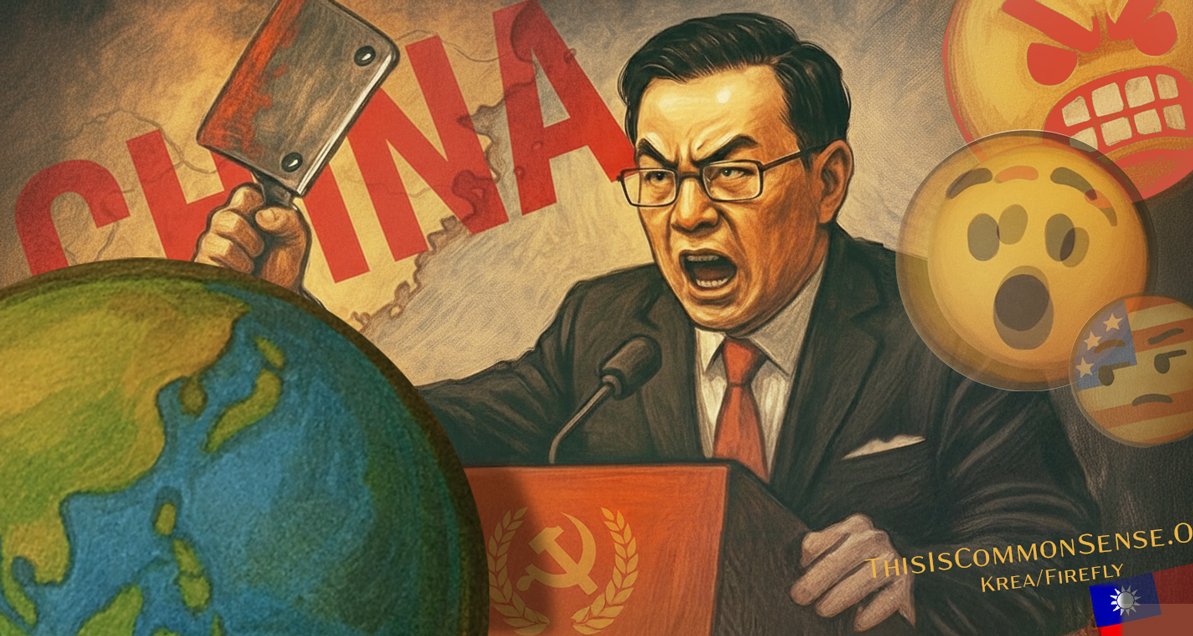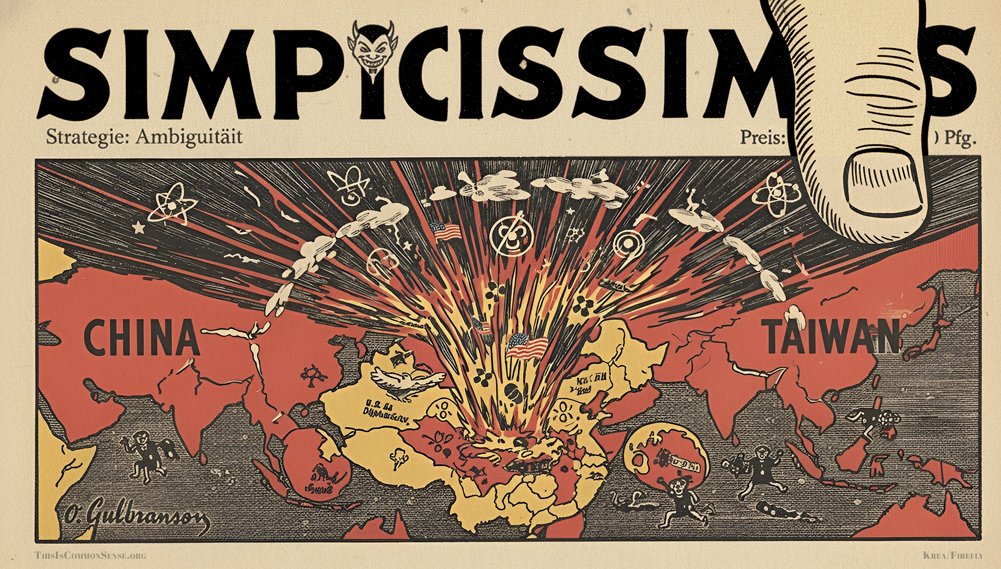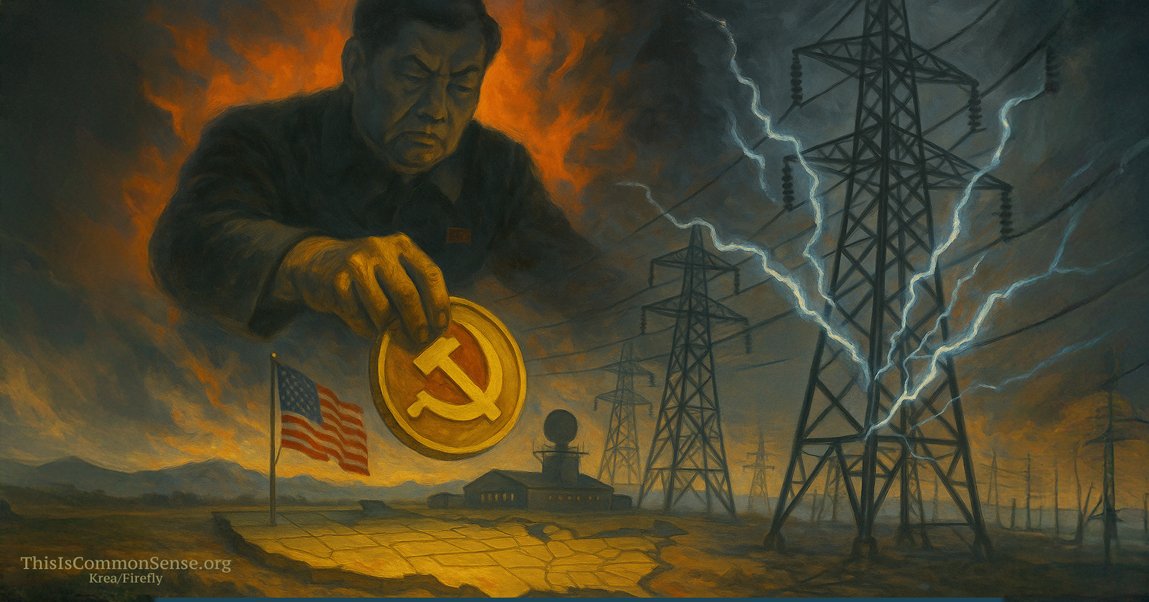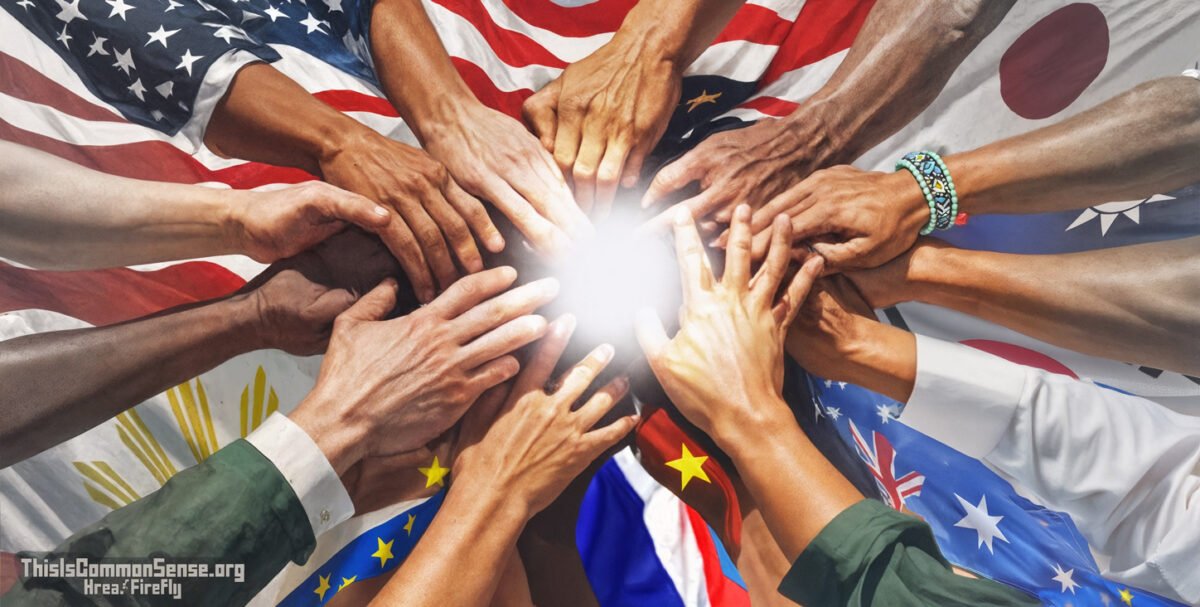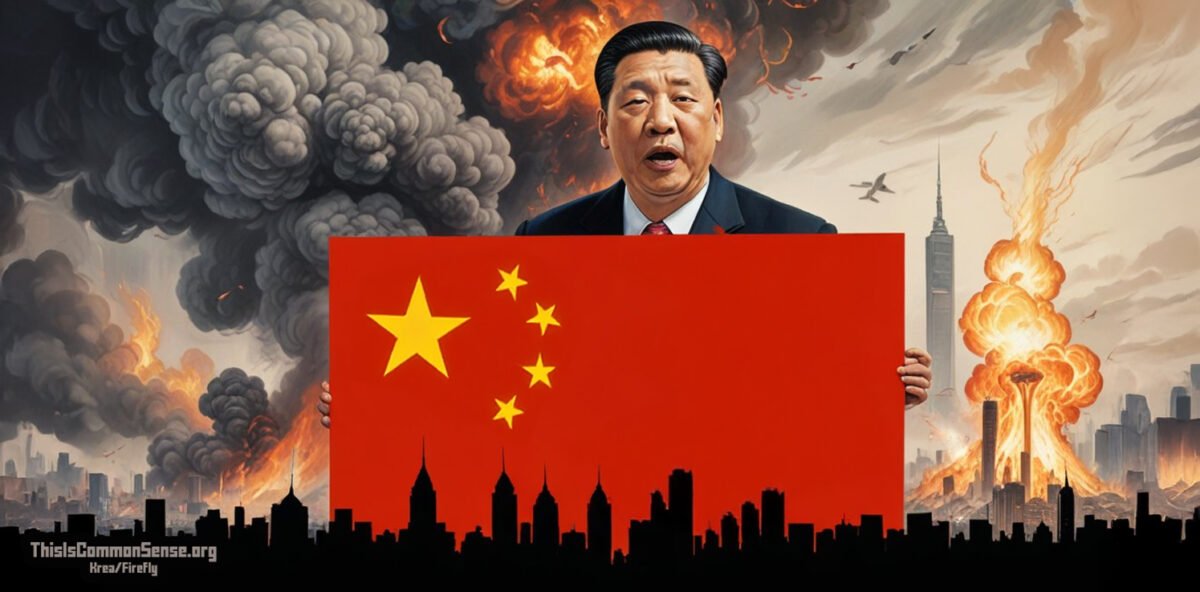The U.S. military captured Venezuela’s dictator, Nicolás Maduro, and his wife, Cilia Flores, on Saturday; a lot of people who hate Donald Trump are complaining about the president’s decision to “arrest” the foreign head of state.
Sure, it’s an act of war.
Authorized by Congress? Not really, but that’s hardly unusual.
There is that 2020 indictment, unsealed by the U.S. Department of Justice during Trump’s first term, accusing Maduro and senior Venezuelan officials of conspiring with Colombian guerrilla groups (like the FARC) to traffic massive quantities of cocaine into the United States. This was updated in a superseding indictment unsealed over the weekend, which added Maduro’s wife, son, and others as defendants.
Specifically, the charges are:
- Narco-terrorism conspiracy.
- Conspiracy to import cocaine.
- Possession of machine guns and destructive devices.
- Conspiracy to possess machine guns and destructive devices.
Considering that Venezuela is a sovereign state and can have whatever drug policies or gun laws it wants, all this might seem a tad … ridiculous.
Most people, however, will likely be moved by two very different lines of thinking:
- Maduro was an evil tyrant
,and it’s good that his murderous regime has been (sorta) toppled; and - The operation was skillfully done, demonstrating U.S. military strength.
Is the effort coherent and compatible with other international military stances of the United States? Debatable.
How does it affect, say, the U.S. position on Taiwan? Will this encourage or discourage the People’s [sic] Republic [sic] of China?
One could argue both ways. As a successful demonstration of military might, it will likely dissuade the Chinazis. But if it turns world opinion against the U.S., the opposite will likely prove true.
Still, isn’t it hard to side with a dictator? I mean Maduro.
This is Common Sense. I’m Paul Jacob.
Illustration created with Nano Banana
See all recent commentary
(simplified and organized)
See recent popular posts


